I'm up for finding some new book-bloggy friends, so I thought I'd join in on the Literary Blog Hop. I like the question they've posed this time around, because it is something I actually have opinions about!
First off, "difficult" is relative. Simple things such as pace, topic, and setting can make a big difference in how difficult it can be to get through a book. I've read small, simply written books that have been very difficult to get through due to the topic (ahem, Alchemist, hrm) and small, well written books that are made painfully difficult just because the setting is one I dislike (uh, Melville, I'm talking to you). As far as the writing structure itself, (vocabulary, symbolism, sentence structure, etc.) so much relies on the reader's preferences and maturity that a concrete definition isn't possible.
All that being said, I'd like to talk about my preferences as far as the difficulty in writing structure and style. I've definitely grown as a reader, (see my recent Gatsby post for a great example,) and books that I didn't appreciate when I was younger I am able to appreciate now. Not only that, but tastes change and develop. One thing that really gets my goat, though, is when a work seems to be difficult just for difficulty's sake. I'm not a fan. In fact, I think it often comes off as arrogance. I don't read in order to decode a puzzle of super-embedded subtle symbolism--it just isn't an interest of mine. On the contrary, I'm impressed when an author can use seemingly simple language to create depth, layers, and complexity. When a book can be fairly simple to read and yet spur deep thought, spin complex themes, and ignite my passion and imagination, I'm enthralled. There are many beautiful books that exhibit this characteristic, and I've found that they usually share the characteristic of being enjoyable on many different levels, for different reasons, and at different times of life.
The term "Literary Fiction" does imply some level of difficulty, though. Even titles that are easy enough to read still demand an interest in personal growth and the development of your mind. So there: the answer is yes and no. :)
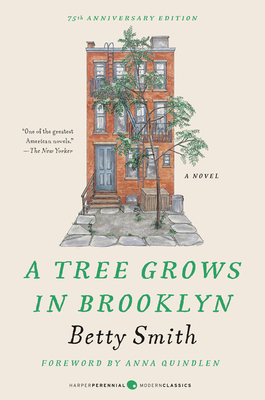
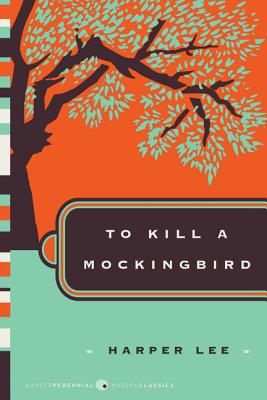
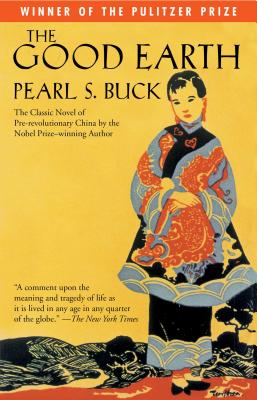
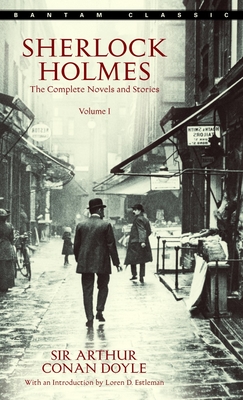
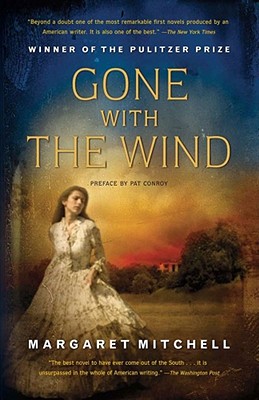
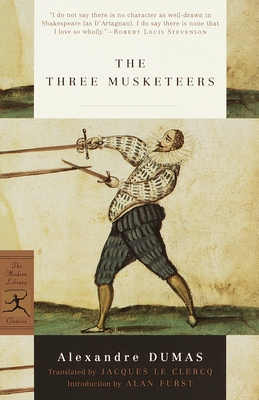
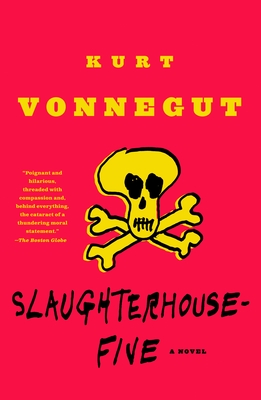
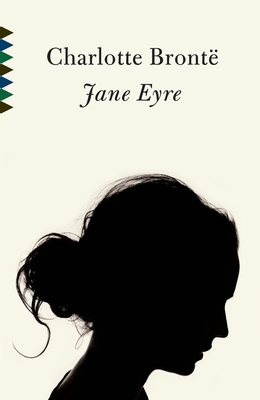
Love your answer - mine was yes and no too.
ReplyDeleteThe prose doesn't have to make it difficult, but the fact its literary and does therefore require a bit more of your mind and is therefore more challenging than other works.
ps. the stanic verses is my example of a book that was difficult for the sake of being difficult (in my humble opinion)
ReplyDeleteBecky, good to know that about Satanic Verses...I'll have to keep that in mind when I get around to Rushdie. I love creative use of language, but it has to be supported by themes that 'require a bit more of your mind' otherwise there is not much of a payoff for the challenge.
ReplyDeleteGreat post. I like your break down of what can make a novel difficult, sentence structure etc.
ReplyDeleteI am interested to know why so many people seem to dislike Melville lol. The only work I've read of his is about 100 pages of Moby Dick and I've enjoyed it so far. Hopefully I don't run into a brick wall soon!
I agree all around. There are so many variables -- it's difficult to tack down what difficult means.
ReplyDeleteI'm also not always a fan of the "show off" writer who tries to be difficult for difficulty's sake (or at least that's how I see it). However, even within this bias of mine, I'm not entirely clear. Auster is difficult and twisty and quite "Postmodern" but I loooove him. Others in his ranks: Franzen, Foer, Martel, I cannot freakin' stand.
I agree so much with your last paragraph. Literary fiction can be easy to read but still demand change in the reader. Great answer :)
ReplyDeleteTo you I say, Yes, yes, yes. Difficult for difficulty's sake? No. Please. In fact, I say to these people, Stop it. More: Put down your pens and go get a real job for a while. We've got enough of all that silliness out there.
ReplyDelete(Forgive me. I think I'm ranting today. I'm coughing and sneezing, so perhaps that explains things.)
Here's my post:I've Never Met a Genre I Didn't Like. I'd also invite you to sign up for the contest to win a $25 Amazon giftcard this month at my blog.
I too am impressed when an author can convey complex ideas with simple language. The example that came to my mind was Madame Bovary which I recently read and reviewed. I also like the examples that you included in your image and I linked them in my post. Thanks.
ReplyDeleteShann, I recently read 2 novellas by Melvile, loved one and hated the other. I just really don't enjoy the open ocean (or books that take place on them) so it's more of an issue of setting than the writing.
ReplyDeleteAndi, that's the thing--even with a specific characteristic like the "show off" author, there's a matter of individual preference and taste. I enjoyed Everything is Illuminated, but the writing did ride the line between creative and irritating.
Sam, I think that's what I'm really looking for by reading literary fiction--something that does more than tell a story; something that challenges me to grow or change a bit.
ReplyDeleteDeb, I feel the same way: stop writing to entertain yourself and contribute something worthwhile to the conversation already! :)
everybook, thanks for the shout out! It seems to me that the fewer words you use to express an idea, the more talent/skill you need. I recently read a novella by Flaubert, and the language was certainly deceptively simple.
I remember a post you wrote awhile ago on James Joyce - seems that he is one of those who writes things that are difficult just for the sake of being difficult. :)
ReplyDelete